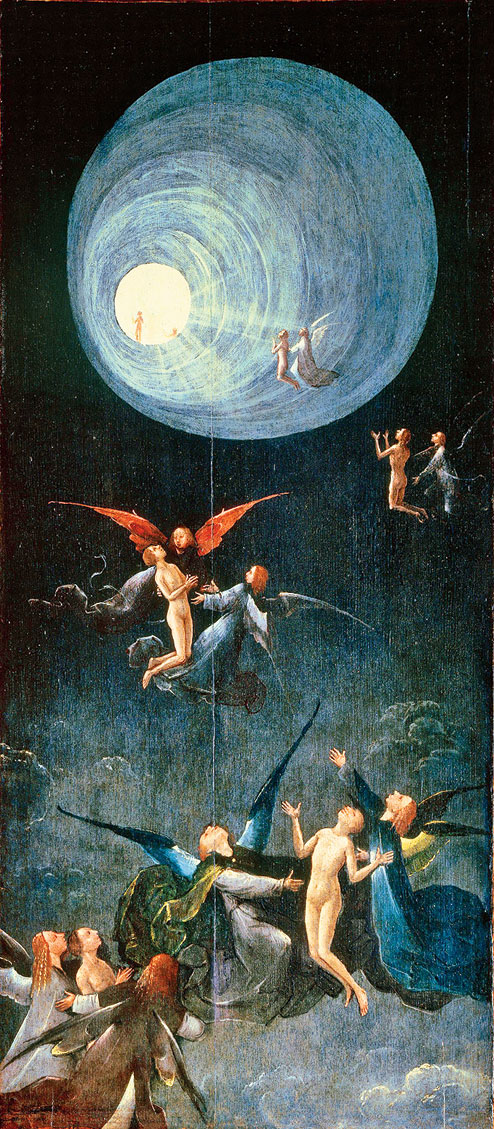

Lincoln in the Bardo
By George Saunders, Bloomsbury
Awarded the Man Booker Prize in 2017, this first novel by a leading American writer of short stories experiments with both form and idea. While Abraham Lincoln returns repeatedly to mourn his little son, Willie, in a Georgetown cemetery with the Civil War raging outside, Willie’s spirit lingers in an in-between state somewhat like the Tibetan bardo. Around him rise the voices of spirits of those refusing to move on in a cacophony which is demanding and pathetic, creating a unique space within which history is glimpsed from an unexpected angle.
The Ministry of Utmost Happiness
By Arundhati Roy, Penguin
A cemetery is again an important location in Roy’s second novel. Anjum, a hijra, lives in a cemetery, where all those who have nowhere to go are welcome. But from this paradise for “falling people” the story slips away to the narrative around S. Tilottama in Kashmir. With one suitor an azadi fighter and another an intelligence officer, Tilo can see all sides of the Kashmir question, but she obviously represents Roy’s position. Crowded with events from the Partition to Gujarat 2002, the novel has a couple of gripping sequences.
A State of Freedom
By Neel Mukherjee, Penguin
The experience of India may have gotten too unwieldy for a single narrative trail. Mukherjee presents five loosely connected tales in the guise of a novel. The stories are linked thematically: each character is displaced within the country or outside it, whether he be a returning NRI or an itinerant bear tamer. Bleak and probing, the fragmentary style seems to mirror the quality of everyday Indian life and perception.
The Golden House
By Salman Rushdie, Hamish Hamilton
Dazzling with references to classical myths and footnoted with 20th century books and songs, Rushdie’s 13th novel tells the story of Nero Golden and his three sons who arrive in New York on the eve of the new president’s inauguration. The Joker with his green hair provides the metaphor for political commentary while glimpses of Bombay offer touches of reality. But what triumphs is the world of madness and mayhem.
Exit West
By Mohsin Hamid, Penguin
Could magic doors have saved thousands of refugees their tragic border crossings? Saeed and Nadia use such a door to escape their city crowded by refugees and threatened by war to be teleported into cities in the West. But the refugee’s sense of alienation cannot be mitigated, neither can the magical ‘border crossing’ be free of the fear of death. This is one of the smartest and most philosophical novels to come out of the refugee crisis, which suggests that everywhere is the same in this world of migrants.
4321
By Paul Auster, Faber
Crossing borders may not make new lives possible, but Auster allows his hero, Archie Ferguson, to take four roads to four different lives.
The massive novel pushes towards the sense of a multiverse, as when the fourth Archie says: “[T]he torment of being alive in a single body was that... you had to be on one road only...”
Forest Dark
By Nicole Krauss, Bloomsbury
The sense of existing somewhere else is overwhelming for a writer, Nicole, who travels to Tel Aviv to see the place she was conceived in, trying to carve out her own reality. Krauss’s fourth novel is a brilliant reflection on the nature of writing. Through Nicole’s search for herself in the ‘forest dark’ and the alternating story of the middle-aged Jules Epstein, Krauss breaks free of the claustrophobia of the Jewish-American novel to seek how fiction, and even individual realities, are made.
Elmet
By Fiona Mozley, JM Originals
Old myths of Yorkshire inform the dark tale of David, who lives with his sister and their Daddy, a huge man of strength and pre-capitalist beliefs, on the outskirts of society in a house Daddy has built out of wood and stone. Daddy’s rejection of modern life and its money and documents makes them outcasts. Mozley’s restrained lyricism in this first novel conveys their sense of content, till they encounter, tragically, the demands of ‘civilization’ with its different strength drawn from tricks and fraud.
Swarga: A Posthuman Tale
By Ambikasutan Mangad, Juggernaut
Translated from the Malayalam, this novel transforms an environmental movement against Endosulfan, a pesticide used in north Kerala, into a fable of great power. Man and Woman, in retreat from the world, live in an almost magical forest, looking after a sick child till they find a whole population poisoned by Endosulfan. Then they must go back to the world to fight the State.
The Red-Haired Woman
By Orhan Pamuk, Penguin
Cem Çelik, in Pamuk’s trim 10th novel, learns to dig a well in the suburbs of Istanbul under the tutelage of Mahmut. His longing for a red-haired woman he sees in the town close by forms the heart of a gripping tale in which fathers and sons invariably fail to recognize one another.










